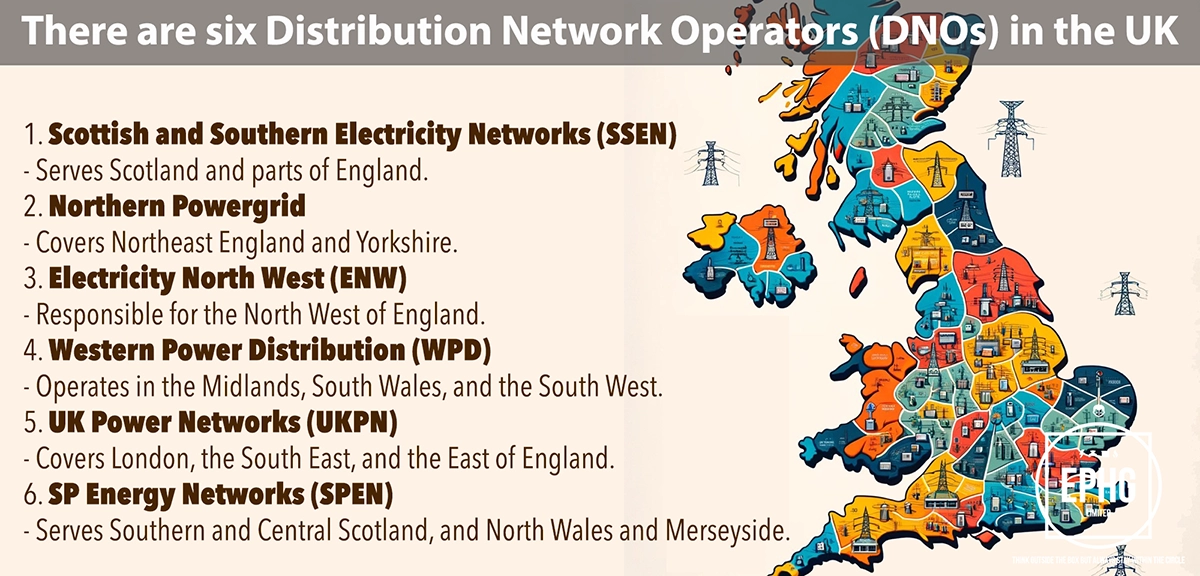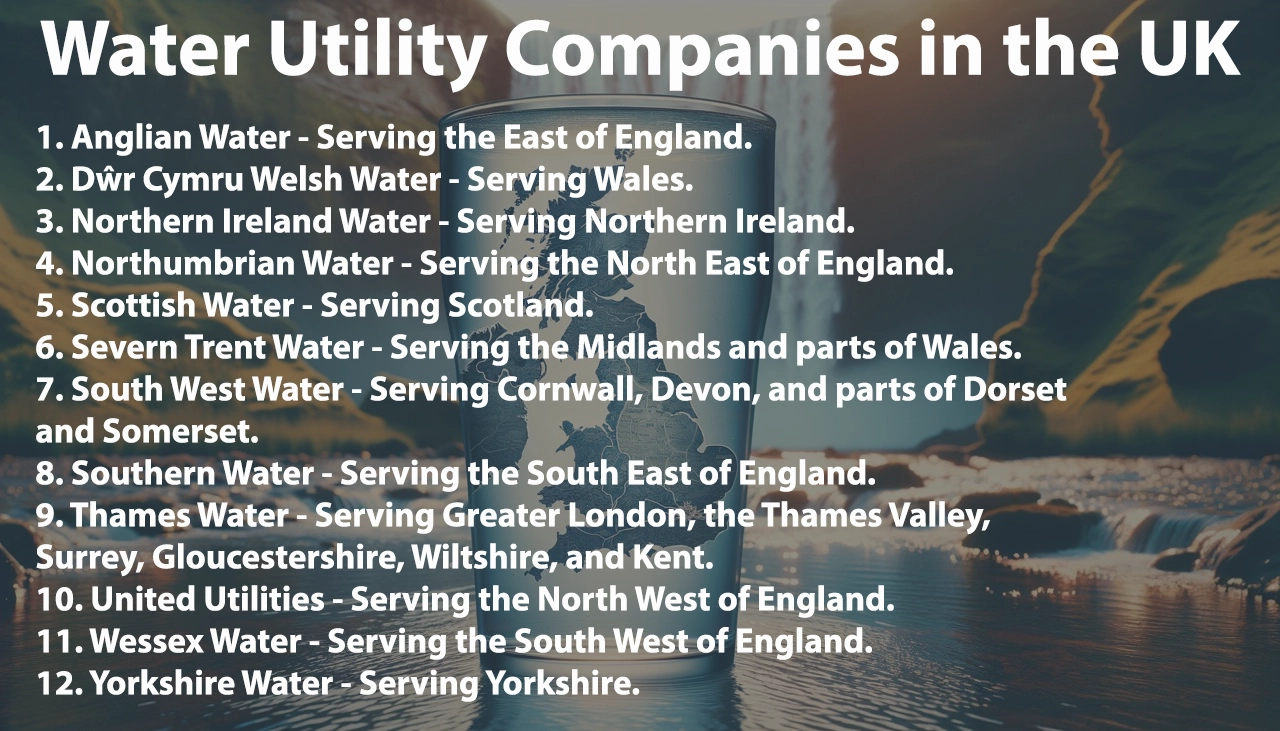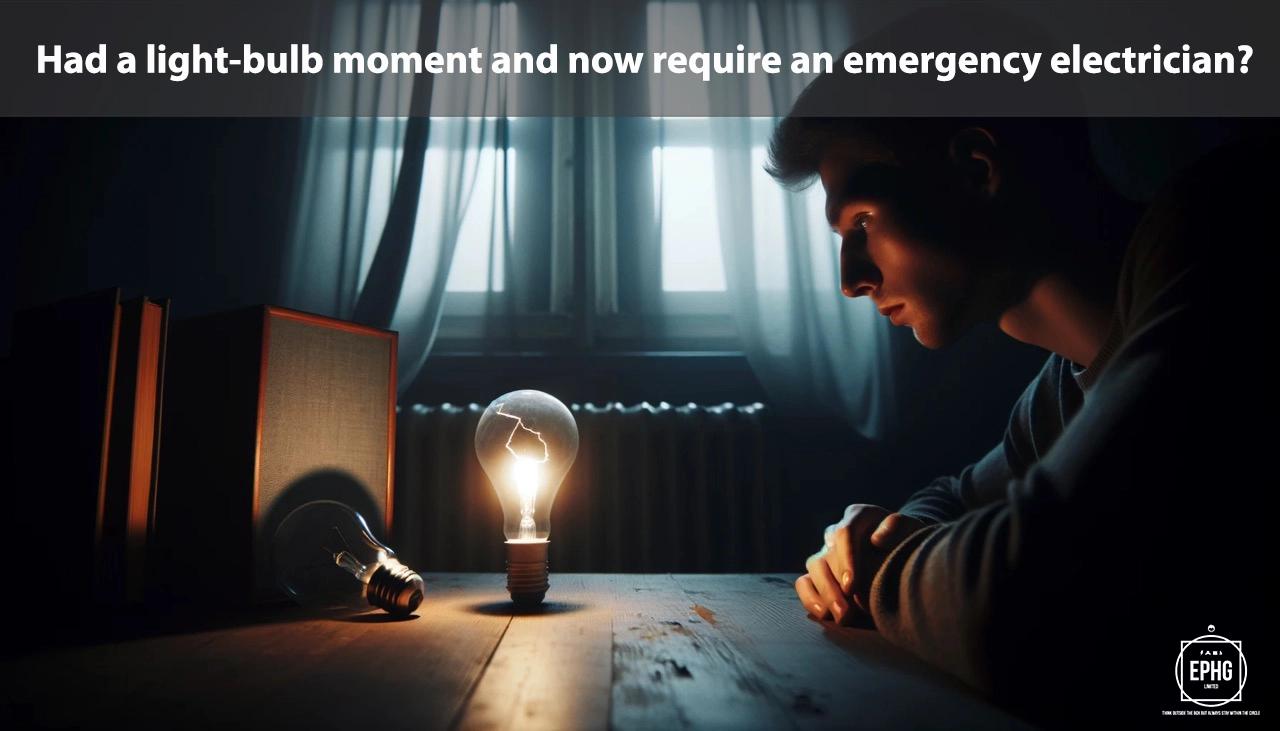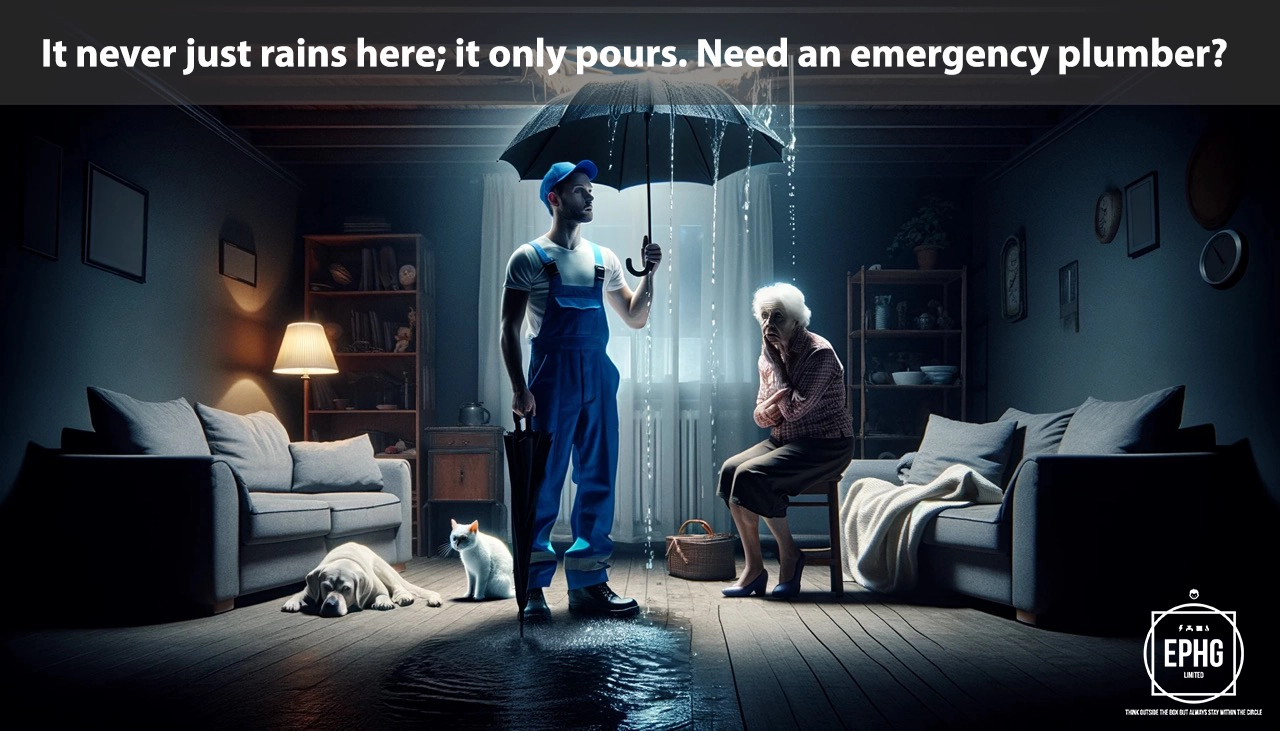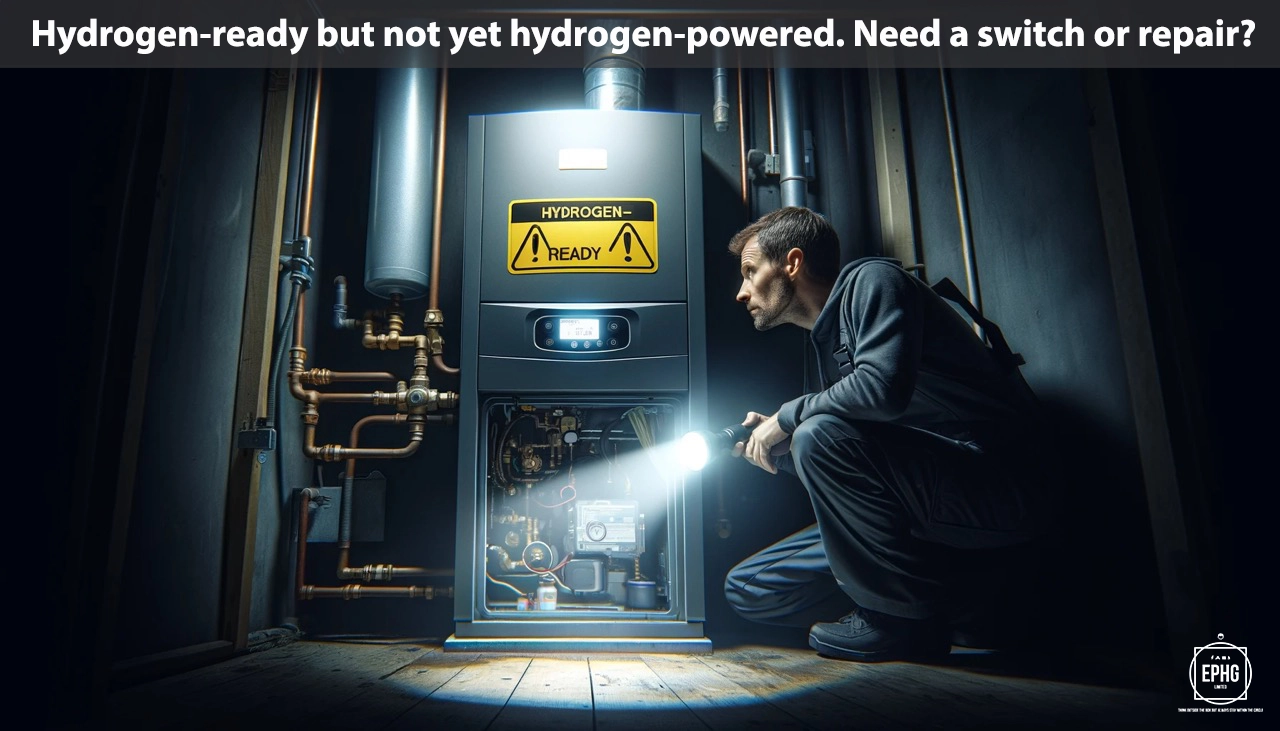
DT Postcodes for Utilities & Services in Dorset
Introduction: The DT postcode area, covering Dorchester, Weymouth, Bridport, and surrounding regions, provides insights into local utilities such as water and electricity. This section offers vital information for residents and businesses in the area.
Water in Dorset
Where does the water supply come from in Dorset and is there ever a shortage of water?
In Dorset, the primary water supply comes from a combination of groundwater sources, rivers, and reservoirs, with South West Water and Wessex Water being the main suppliers. These sources undergo comprehensive treatment to ensure safety and quality before distribution to homes and businesses. Despite Dorset’s generally stable water provision, the area can be susceptible to drought conditions, particularly during prolonged periods of low rainfall. Water companies work closely with environmental agencies to manage resources effectively and implement drought plans when necessary. Residents are encouraged to adopt water-saving measures to help ensure a sustainable supply for all.
What is the hardness & quality of the water in Dorset and can this affect your health?
The water hardness in the DT postcode area varies, with some regions experiencing soft water while others have harder water, primarily due to the geological diversity across the area. Despite the variations in hardness, the water quality in Dorset meets all regulatory health and safety standards, undergoing rigorous testing for contaminants and pollutants. Hard water can contribute to mineral buildup in appliances and can affect the efficiency of soap and detergents, but it is not harmful to health and can provide beneficial minerals. Residents can use water softeners if they prefer softer water for domestic use. Wessex Water and South West Water provide detailed information and advice on water quality and hardness for their customers.
Electricity in Dorset
Where does the electric supply come from in Dorset and what is the future of energy there?
Dorset's electricity supply is diverse, coming from national grid connections which include traditional fossil fuel sources and an increasing share from renewable energy sources like wind, solar, and biomass. The region has seen growth in renewable energy installations, including solar farms and onshore wind projects, contributing to a greener energy mix. The future of energy in Dorset is leaning towards sustainability, aligning with the UK’s broader commitment to reduce carbon emissions and combat climate change. There are initiatives to enhance energy efficiency in homes and businesses, increase the use of renewable energy, and explore innovative technologies such as battery storage and smart grids. Dorset aims to be part of the transition towards a more sustainable, secure, and cost-effective energy future, focusing on reducing its carbon footprint and enhancing environmental well-being.
When is hydrogen coming to gas boilers in Dorset?
The transition to hydrogen for heating in Dorset is part of the UK's wider strategy to decarbonize heat and achieve net-zero carbon emissions by 2050. While specific timelines for Dorset are still under development, the county is expected to follow national trends and pilot projects exploring the use of hydrogen in domestic and commercial heating. This transition will involve significant infrastructure changes, including the adaptation of the gas network to accommodate hydrogen and the introduction of hydrogen-compatible boilers. Residents are advised to stay informed about developments and potential future changes, as the transition to hydrogen will be gradual and part of a larger, coordinated effort to shift towards cleaner energy sources.
Where Does the Wastewater Go in Dorset
In Dorset, wastewater and sewage management are crucial for maintaining public health and protecting the environment. The region's wastewater is collected and treated at several facilities operated by Wessex Water and South West Water. These modern facilities employ advanced processes to remove contaminants, ensuring the treated water complies with environmental standards before being released back into rivers or the sea. Investments in infrastructure and technology are ongoing, aiming to improve treatment processes and capacity. This ensures that Dorset continues to meet stringent regulatory standards and supports the county’s commitment to protecting its natural landscapes and coastal waters.
Regions and Services:
The DT postcode area covers a diverse landscape, from the historic market towns in Dorset to the picturesque coastal areas. Key regions include:
- Dorchester: The county town with well-established utility services, including advanced electrical and gas infrastructures, and growing renewable energy initiatives.
- Weymouth, Bridport, and Lyme Regis: Coastal towns that blend historic charm with modern amenities, reflecting their unique characters and increasing focus on sustainable energy solutions.
- Sherborne, Beaminster, and Sturminster Newton: Market towns where traditional services meet contemporary needs, with a growing emphasis on renewable energy projects and eco-friendly practices.
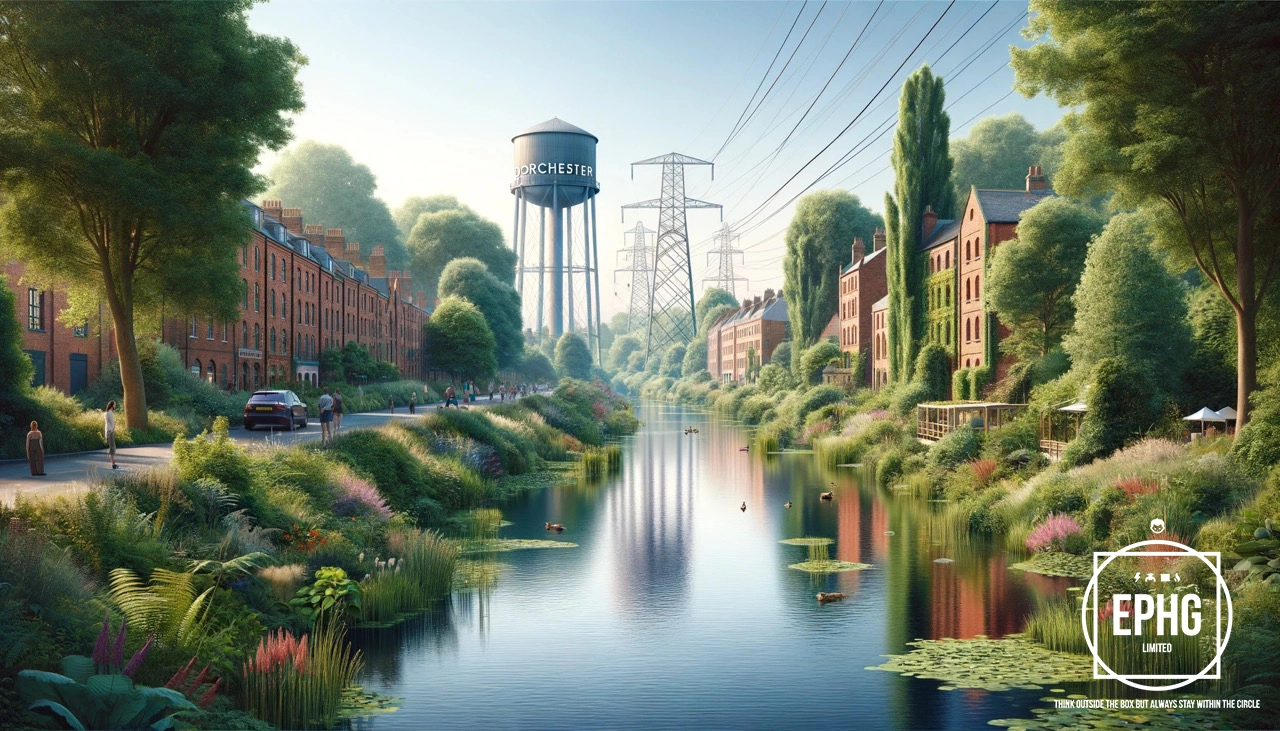
Regions within the DT Postcode
Dorset Towns and Surrounding Areas
- DT1: Dorchester Central and Surrounding Areas
- DT2: Dorchester Rural Areas, Broadmayne, Crossways
- DT3: Weymouth Outskirts, Chickerell, Osmington
- DT4: Weymouth Town Centre, Westham
- DT5: Portland
- DT6: Bridport, West Bay, Burton Bradstock
- DT7: Lyme Regis, Charmouth
- DT8: Beaminster, Broadwindsor
- DT9: Sherborne, Thornford
- DT10: Sturminster Newton, Marnhull
- DT11: Blandford Forum, Bryanston
Surrounding Villages and Rural Areas
- Includes picturesque villages and scenic countryside areas known for their natural beauty and historical significance within the Dorset region.
